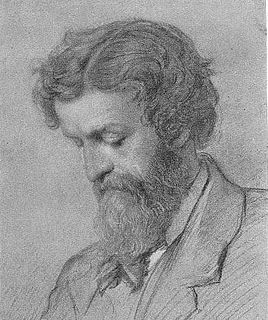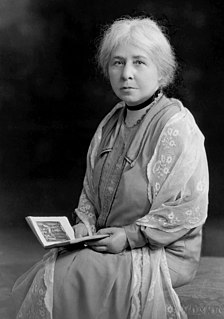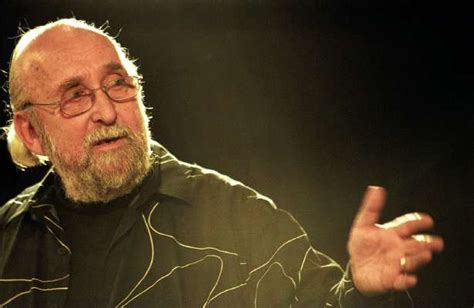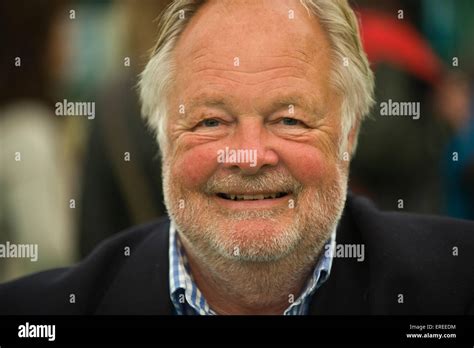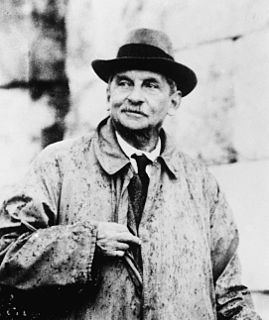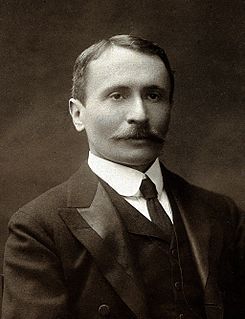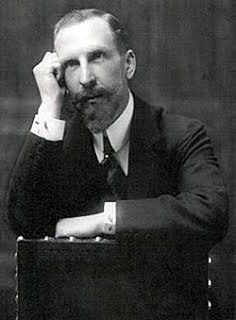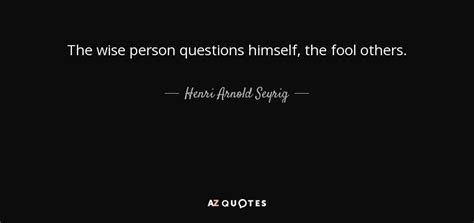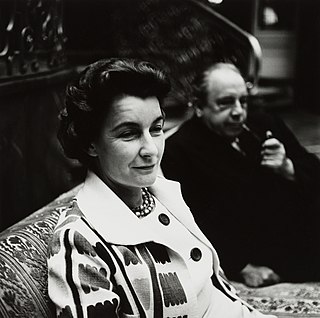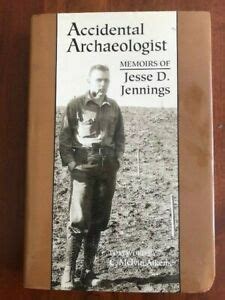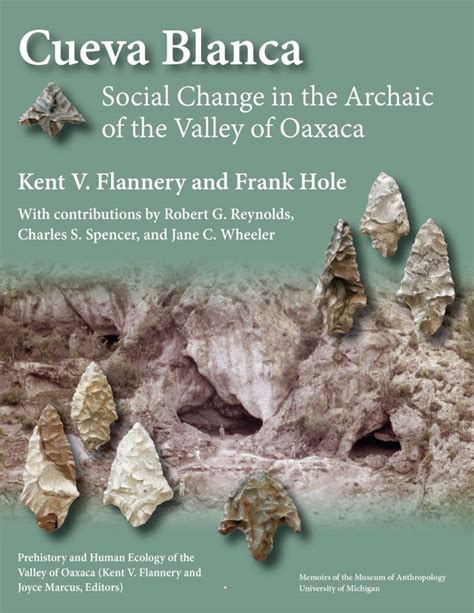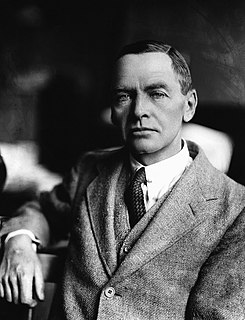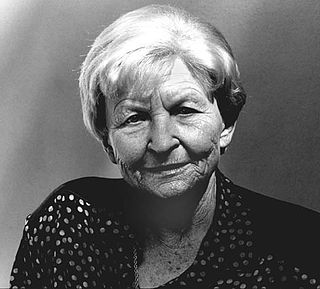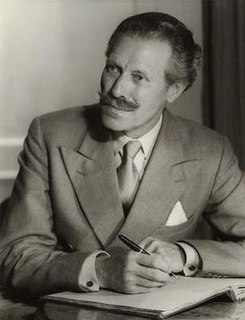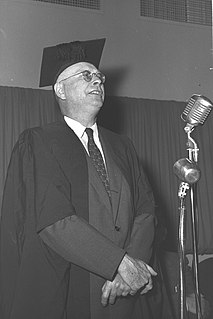A Quote by Charles Thomas Newton
The subject-matter of Archaeology is threefold-the Oral, the Written and the Monumental.
Quote Topics
Related Quotes
I'm saying that the domain of poetry includes both oral & written forms, that poetry goes back to a pre-literate situation & would survive a post-literate situation, that human speech is a near-endless source of poetic forms, that there has always been more oral than written poetry, & that we can no longer pretend to a knowledge of poetry if we deny its oral dimension.
We live in a society that is in transition from oral to written. There are oral stories that are still there, not exactly in their full magnificence, but still strong in their differentness from written stories. Each mode has its ways and methods and rules. They can reinforce each other; this is the advantage my generation has - we can bring to the written story something of that energy of the story told by word of mouth.
Archaeology in general is the recovery and study of the material culture of past civilizations. Biblical archaeology is as an application of the science of archaeology to the field of biblical studies. Through the comparison and integration of Scripture with the evidence of history and culture derived from archaeology, new insights into the biblical context of people and events, and sometimes the interpretation of the text itself, are possible. In this way archaeology serves as a necessary tool for biblical exegesis and for apologetic concerns.
The subject matter that I am really spending my time on has become an acceptable subject matter. Living, lifestyle, family, is now in the forefront of interest in America, and I've just stuck with it. I mean, I've been doing this for years, and I never got angry. I never said, you know, listen, I'm fighting for this subject. That wasn't my point. My point was to continue working in a subject matter, knowing full well that finally it would be recognized as a viable subject once again.
People are always saying it's the end of the Gutenberg era. More to the point, it's a return to an oral era. The Gutenberg galaxy was about the written word. At its best, the digital era is part of the rediscovery of the oral. At its worst, it's a Kafkaesque victory of the bureaucratic over the imagination.
Approaching subject matter to photograph is like meeting a person and beginning a conversation. How does one know ahead of time where that will lead, what the subject matter will be, how intimate it will become, how long the potential relationship will last? Certainly, a sense of curiosity and a willingness to be patient to allow the subject matter to reveal itself are important elements in this process.
